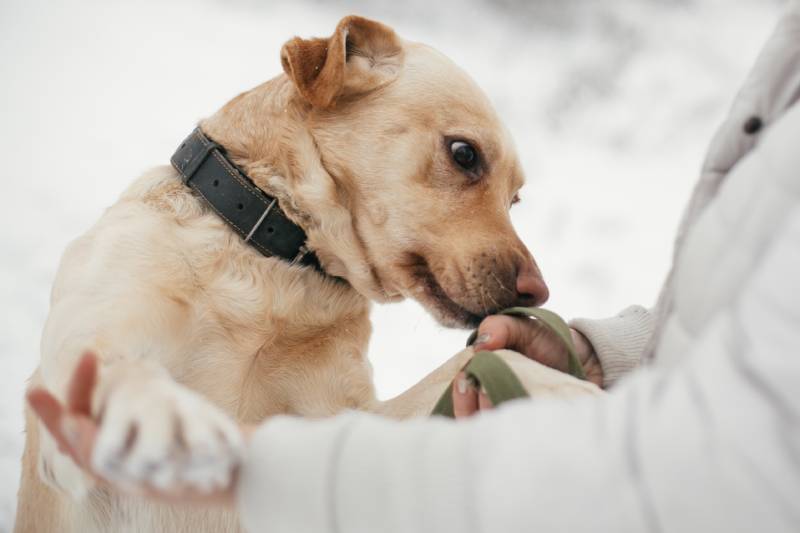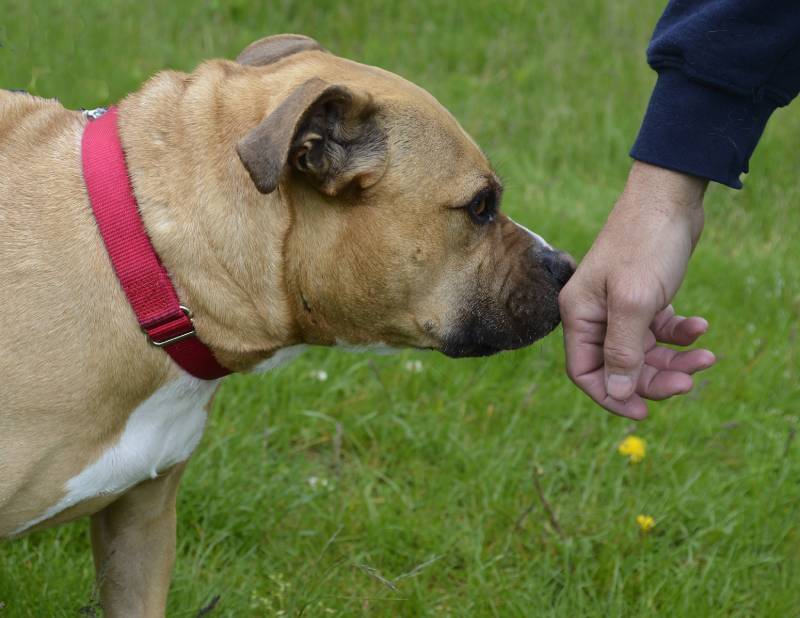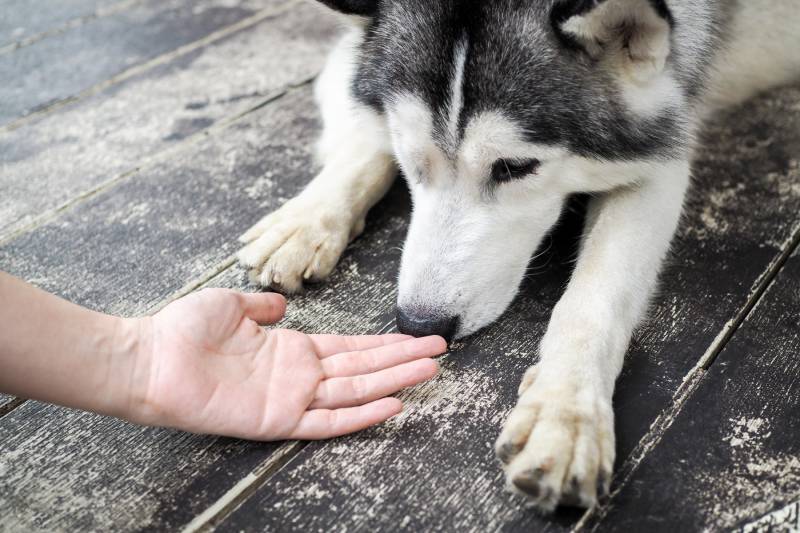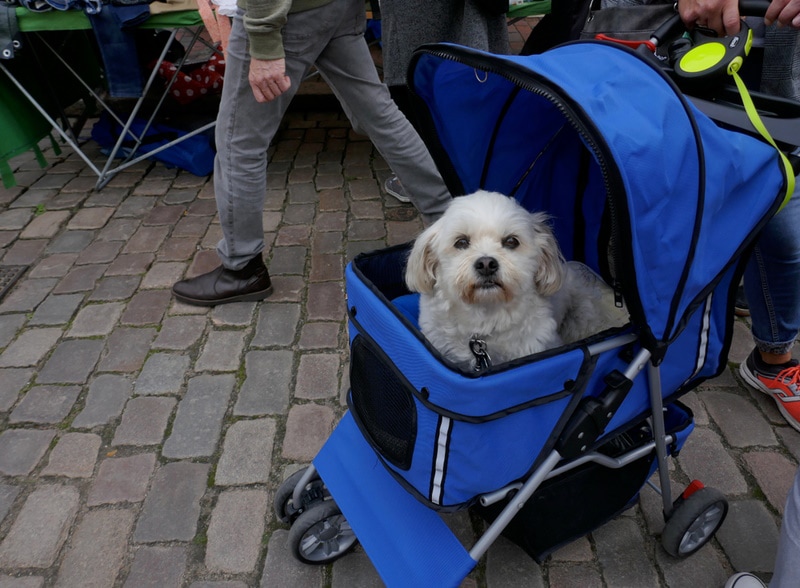Can Dogs Smell Lung Cancer? Everything You Need to Know
Updated on

We’ve trained dogs to sniff out drugs, missing persons, and lost animals. Now, we’re training dogs to sniff out cancer, and the results are astounding. In fact, the success rate is so high that dogs could be the glimmer of hope for lung cancer patients.
How Do Dogs Sniff Out Lung Cancer?
There’s no other way to put it. Dogs can literally smell cancer. Cancer-causing cells produce volatile organic compounds (VOC). The VOCs have a scent in very low concentrations that our noses can’t detect, but dogs can.
Cancer cells have a particular scent in human excretions, like blood, breath, urine, sweat, and stool. Dogs can sense the odors in bodily fluids and waste and, with the proper training, can communicate those findings to doctors.

Testing For Lung Cancer Is Difficult
Doctors use different samples to find cancer because each type of cancer appears differently in a test. For instance, lung cancer won’t appear in a blood test, so doctors rely on imaging scans,1 and breath and urine samples.
Unfortunately, the signs of lung cancer don’t appear until the cancer has advanced, which is why it’s challenging to catch. The good news is that dogs have a keen sense of smell that can save lives.
One study in 2013 found that,2 out of 93 patients suspected of lung cancer, dogs identified the actual cancer patients with a 99% sensitivity. With intensified training, the dogs could rule out which patients were cancer-free. Amazing, isn’t it?
Training Bio-Detection Dogs
From a dog’s perspective, detecting cancer is like playing a game with positive reinforcement. Little do dogs know, they’re saving lives.
Training for bio-detection dogs varies based on the training the dogs receive. The following video gives you an idea of what training looks like.
What’s interesting is that dogs can recognize the cancer scent despite cigarette smoke, food, and other competing odors.
Trainers will use all kinds of dog breeds, too. German Shepherds, Labrador Retrievers, and Australian Shepherds have been the best bio-detection dogs so far.
Can Untrained Dogs Smell Lung Cancer?
Researchers have used a mix of dogs with varying training levels. A study in 2006 used five dogs to test multiple lung and breast cancer samples. The dogs had only received puppy training before partaking in the research.
Once they received some basic training to complete the study, the dogs showed a 99% sensitivity to lung cancer samples and 88% sensitivity to breast cancer samples. These numbers are sensational for dogs that received little training in bio-detection.
Even so, the more training a dog receives, the better the results. Patients bet their safety based on the dog’s success, so dogs must receive proper training for qualified bio-detection trainers.

Dogs Can Detect Other Diseases
By now, you know that several studies have proven a dog’s ability to identify cancer. But lung cancer isn’t the only disease dogs can recognize.
- Skin cancer
- Breast cancer
- Low blood sugar
- Bladder cancer
- Colon cancer
The Future of Cancer Research
So, what does all of this mean for cancer research?
Simply put, lung cancer patients have a better chance of survival with the help of dogs. They can choose non-invasive tests first and (hopefully) find out the results sooner.
The downside to using dogs is that they don’t know how advanced a cancer sample is. Dogs can’t distinguish at-risk patients, patients with benign diseases, and patients with malignant diseases.
But that’s okay. Researchers have started creating medical machines that mimic a dog’s olfactory senses. These machines can detect VOCs like dogs but take it further by recognizing the different cancer stages.
In Conclusion
Dogs aren’t always correct in choosing a cancer sample. But thanks to them, medical science can move forward with helping people fight cancer. Because of dogs, lung cancer patients have a better chance of survival.
Is there any greater gift than a second chance?
Featured Image Credit: Bogdan Sonjachnyj, Shutterstock












